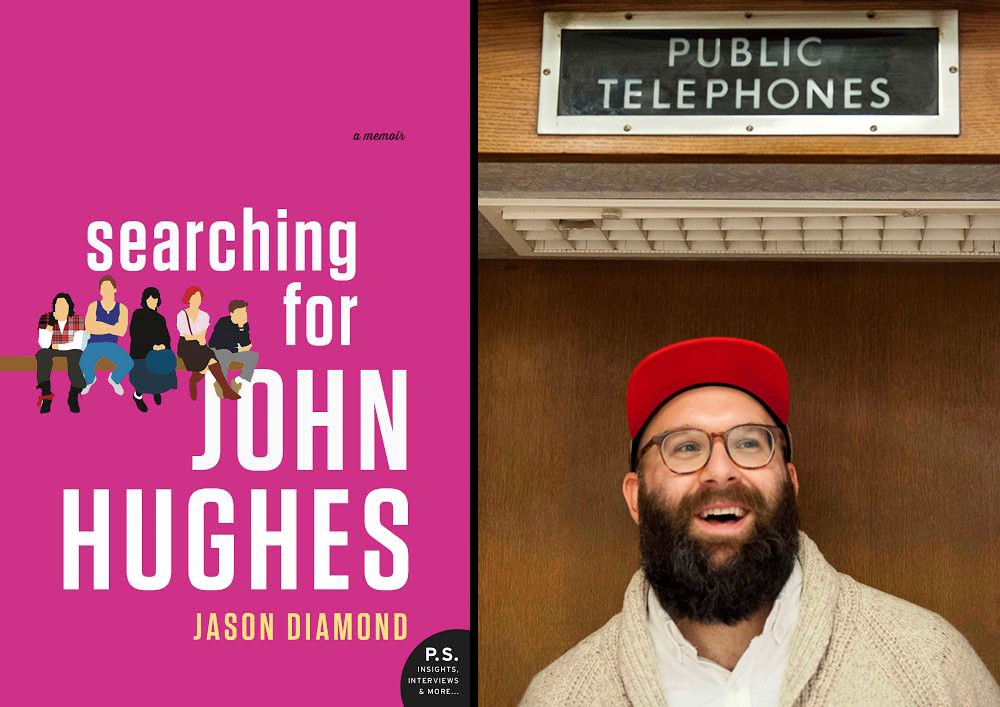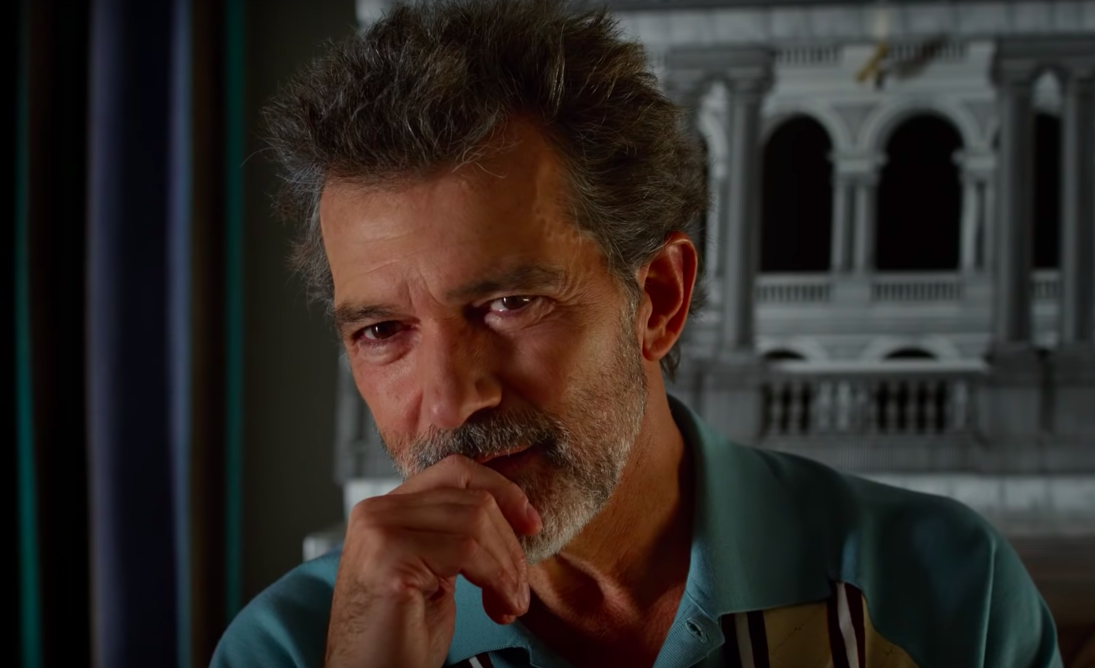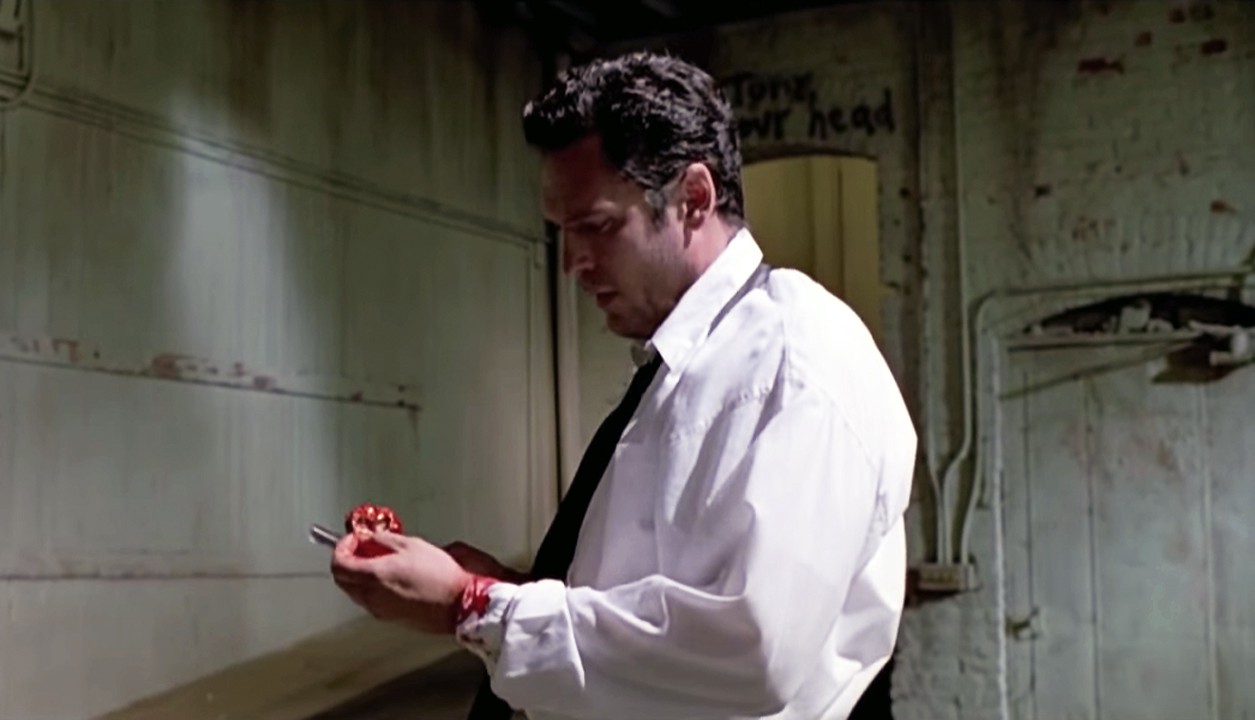interviews
Jason Diamond on Chasing the 80’s and Finding a Memoir
Talking celebrity, myth and growing up in Chicagoland with Jason Diamond, author of the new memoir ‘Searching for John Hughes’

The first John Hughes movie I remember seeing is probably Home Alone, but given that I was born in 1983, the same year Mr. Mom hit theaters, and the fact that I have three older siblings, there’s a good chance his films were a backdrop to much of my childhood. Of course, I am not alone in this or Jason Diamond’s stunning memoir, Searching for John Hughes wouldn’t exist.
Personally, while I find Hughes’ films entertaining (my favorite being Ferris Bueller’s Day Off), I’ve never thought of him as a touchstone for my cinematic proclivities. Recently we introduced our eight year old son to Home Alone and that was the first time I’ve watched a Hughes film in more than a decade. That said, when I first heard about Diamond’s memoir I was excited. Though I don’t remember much about the 80's (the grunge years were more aligned with my early memories of childhood), I find myself nostalgic for the decade. Another byproduct of having older siblings, I’m sure.
I was instantly glad I picked up Searching for John Hughes. It was evident from the start that the book was more than just a reverie. Diamond has created a memoir that makes you, the reader, one of his closest friends. He is intimate and vulnerable, yet he keeps his humor and optimism. It is a trick all the more impressive given Diamond’s turbulent adolescence and nomadic early adulthood. With John Hughes to guide him and the backdrops of Chicago and New York to provide a counterpoint of stability, Diamond brings readers into his efforts to create both an homage to Hughes and a niche for himself as a writer. I found myself inspired at every turn, impressed by the balancing act and the precision with which he creates beauty out of struggle and a love for the films of an 80’s auteur.
Ryan W. Bradley: I believe celebrities — from athletes to movie stars — are the modern equivalent of mythological pantheons. I think our connections to celebrity go beyond entertainment. In ancient cultures myths were a way of understanding what we had no basis for understanding. Do you feel that way about your connection to Hughes’ films, and pop culture at large? What has your connection to his films helped you understand?
Jason Diamond: Oh yeah, for sure. I tend to interact with celebrities and famous people somewhat frequently in my line of work these days, and I’m still taken aback when I see them in person for the first time. They’re not the person on that little electric picture box in my living room anymore. It takes a few seconds to adjust.
As for the Hughes films, it’s pretty simple: they were filmed in the part of the Chicagoland area I grew up in. That, and I was first exposed to them by teens around the time films like Sixteen Candles and Pretty in Pink were released, so it sort of felt like they were letting me into their cool world. I’d watch those movies and think, “Ah, so this is what life is going to be like one day. Not bad.”
Bradley: That connection led you to a really interesting journey as a writer, from the effort of writing a biography of Hughes to eventually writing a memoir informed by that endeavor. The framing seems natural, and there was a sense that even early on you were drifting that way, even if you didn’t notice it at the time. Was it difficult to switch gears and let yourself be the focus?
Diamond: I’m glad you think that. I felt like it was a really weird idea, but people have been telling me it makes sense. I really wanted the book to be about failure, embracing the things that seem like huge screw ups and wastes of time, but in the end make us who we are. I also wanted to look at myself and frame those years spent trying to write the biography as some cross between Larry David and Don Quixote or Ignatius J. Reilly. Some guy so obsessed with this one goal that he doesn’t see how silly or shitty he’s being. I thought that was a funny idea.
In terms of switching focus, I don’t think it was that difficult. I’d toyed with the idea of writing a book of essays about growing up so I went back and looked at those notes and outlines, and sort of thought about how if I’m going to write a book about myself and my obsession with these movies, I need to write it in such a way that anything I write about my life somehow connects back to his films. I’ve read too many memoirs where it’s supposed to be about the writer and X, but you don’t get much about X. Since his films had such a profound impact on me, I really needed to make sure I could connect any life event back to his movies and what they’ve meant to me over the years.
What sort of took me by surprise is how much all of the books I’ve read and loved kinda came back to help me in certain ways. Like I’d think “How would Didion say this” or “How would Waugh frame this scene.” Obviously I never came close to writing like those people, but it showed me just how much obsessively reading throughout my life has helped me as a writer. Like little parts, maybe a sentence or two, I’d call up those books and writers and they really helped.
In Search of the Ultimate Teen Movie Soundtrack
Bradley: For many people the hardest part about writing memoir is including the people around them, that worry about how family and friends will feel about what they’ve written. You don’t necessarily have relationships with the people who come out the worst in your book, but I imagine there was still some anxiety about putting that on the page. Although even when you had the right to be negative you didn’t dwell on it. There’s a lot of hope in the book. How much of that balance was conscious and did it help alleviate any potential worries about what you were making public?
Diamond: Weirdly enough, the anxiety didn’t pop up while I was writing it. I feel pretty free when I’m writing, like it’s my own thing even though I’m writing about real people and events. I think after it came out, when the first of many friends was like, “I never knew all this stuff,” and another said I made them cry, that was a weird feeling. It made me a little anxious. I didn’t really think much of how the book might affect people.
I’m a pretty hopeful person for the most part, and being anything other than that in the book would have been dishonest. Being hopeful and also incredibly stubborn helped me get through some difficult times, and I feel like that mix comes out in the book. I was ultimately able to see that I want things to turn out good in the end, no matter how silly that might seem. Looking at it that way, more than anything, helped alleviate any fears I may have developed along the way. Like I was happy in the end that I presented my story in a way that says things can suck but things can also get better. It’s so easy to lose sight of that in our day to day, and as a writer, it’s our job to present the truths of an often sad and ugly world, I recognize that. But I’m also a fan of the beauty and the little glimmers of goodness you see from time to time.
“It’s our job to present the truths of an often sad and ugly world, I recognize that. But I’m also a fan of the beauty and the little glimmers of goodness…”
Bradley: That was really present in the book. I got the feeling that I wasn’t just learning about your life, but also hearing your voice. As someone who has written bits and pieces of a memoir over the last few years, I find I get really hung up on that part, on the voice that I present. I try to tell myself I can write it the way I write fiction, but still find it difficult to do. You had obviously written fiction and nonfiction for years, but how much did you pay attention to the style of the narrative? Did it take experimenting with your voice to find the fit for the material?
Diamond: Actually, it’s a funny thing, but I write so much that I really just sat down with my outline, my ideas of what I wanted to do and where I wanted to do it, and let it come out organically. One thing I noticed that I found really interesting was that things I consider influences would pop up as I was writing, certain writers or books I’ve read, I’d notice little faint traces of influence here and there. Also, as somebody who writes and edits for a living, I found it really interesting to just sit with one thing for a long time instead of an essay that I write and edit in a week or two that’s 2000 words. Trying to maintain the one clear voice was something I was worried about, but as I kept writing I realized it was pretty easy for me to do since I was writing mostly about myself. I’m not so sure I’d be able to do that if I was writing fiction, or at least it would take me a lot of time and editing to accomplish it.
Bradley: You mention your work as an editor, which is a skill set and art form that is very different from writing. Was there any particular editorial advice you’ve given other writers that you made a point of keeping in mind with your own work?
Diamond: For longer stuff, I tend to tell them not to go back and edit while they’re writing. I know every writer tends to do things differently, but nine times out of ten when a writer comes to me and says they’re stuck on something, I’ll ask if they’re editing as they write and they usually say yes.
Another trick, one that I really had to stick to, is being able to walk away. I can write and write and write all day, but you do hit a wall, and you need to walk away, go for a walk, read a book, anything.
Bradley: That’s interesting. I have talked to so many writers who either edit as they go or start a writing session by editing the previous session’s output (which I am guilty of as well). The walking away makes perfect sense to me. I’m always surprised by writers who are super consistent in their routine. I can’t make myself write, I have to actually want to do it or it’s going to be a case of me feeling like I’m doing homework, which I barely did when I was in school. Sometimes that means doing something — anything — else.
You tell a lot of stories in the book and they span a large portion of your life. Were there stories you wanted to tell but had to hold out of the project because they didn’t fit within the framework and theme of the book? Do you have more personal stories you are looking to tell in a subsequent memoir?
Diamond: Yeah, I sort of wanted to write more about fucking up as a teen, but I think I’ll save that all for the next thing. I think I was trying to connect my life with those movies so much, and since Hughes is connected with teen films, I had to have some of my own teenage life in there. But when I was sketching things out, I kept thinking how funny or weird certain experiences I had were. I’d love to write about them somehow. I learned a lot about restraint before I wrote this book and I’m glad I did. Learning not to squeeze every little thing in and also being able to let go of certain ideas or paragraphs or passages. I had to do a lot of that.









